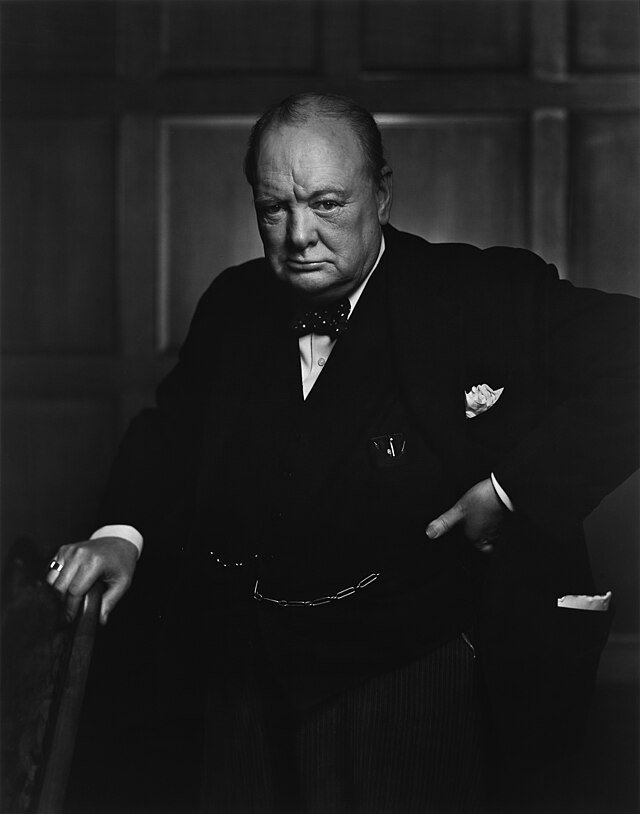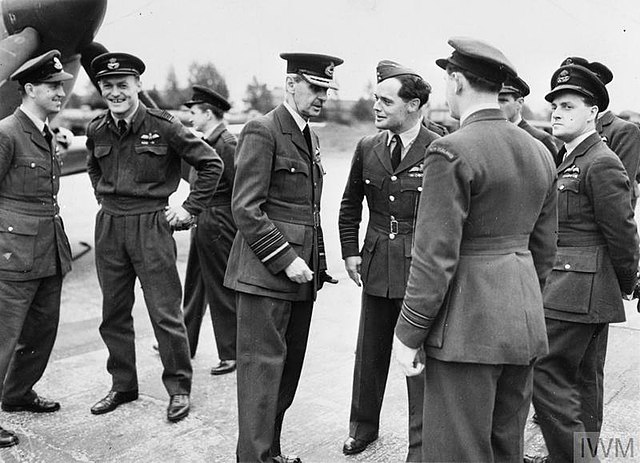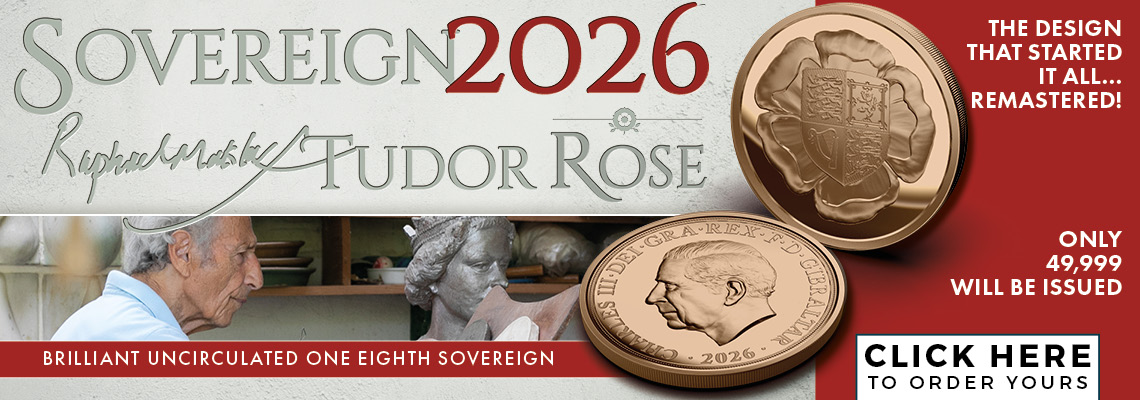
TURNING THE TIDE
The fifth and final phase of the Battle of Britain brings us to a long-awaited moment. A breath after months of suffocating fear; a light piercing through the smoke-stained sky. Victory. A word that, by October 1940, carried the weight of every dogfight, every air raid, every name read out in grief-stricken households across the country. This was not a triumph of overwhelming force - it was a triumph of resilience, of human spirit, of unity in the face of annihilation.
Phase 5: Victory in the Skies
The tide had begun to turn in late September. Despite relentless bombing campaigns, the RAF stood its ground, helped by a critical recovery period when Hitler diverted his attention from airfields to cities. German losses were mounting. By early October, the Luftwaffe was stretched thin and demoralised and, on October 31st, Hitler officially postponed Operation Sea Lion - which was his planned invasion of Britain - indefinitely. It was not declared as a grand, formal surrender, but the message was clear:

The Battle of Britain was over - and Britain had won.
Winston Churchill’s words for months still echo to this day: "Never in the field of human conflict was so much owed by so many to so few." Those Few had not only protected Britain’s skies but had protected its future. Their courage had bought time for Britain to rebuild, rearm and, ultimately, to rally the world in the long road to defeating Nazi tyranny. The Battle of Britain was proof that the enemy could be resisted; that, even in the darkest hour, hope could prevail.
Across the country, the news rippled slowly like a deep, exhaled breath. There were no parades or banners like those on VE Day; no grand speeches echoing down Whitehall. The streets of London, still lined with rubble and haunted by loss, bore witness to a quieter kind of victory. It was a triumph laced with fatigue; a victory whispered between neighbours, nodded at over tea and written in letters sent to sons who had not yet returned. This was joy tangled with sorrow - for those who survived, and for those who didn’t.
There were celebrations, of course. Church bells rang again after months of silence, first cautiously, then proudly. Pilots returned to airfields to warm embraces and weary laughter. In pubs and homes, people raised glasses to “the Few” - the brave airmen who had risked everything, often in outdated or outnumbered aircraft, to keep the enemy at bay. There was a sense of awe that Britain had faced down the Nazi war machine and held firm. But there was also an understanding that this was not the end of the war; it was only the end of the beginning.

For many, the relief came together with grief: more than 40,000 civilians had been killed during the Blitz. Hundreds of RAF pilots, many still barely more than boys, had died defending the skies. Entire neighbourhoods had vanished overnight, and so many families had been torn apart.
85 years on, we remember those who lived through months of fear, fire, sacrifice and survival. We remember our nation coming together, and the pilots, ground crews, factory workers, mothers, children and volunteers who all played their part in a battle that changed the course of history.
As this five-part journey through the phases of the Battle of Britain comes to a close, one truth stands out above all: Britain did not win through overwhelming strength - it won through determination, sacrifice, and the unyielding belief that freedom was worth defending, even when the sky itself was falling.



